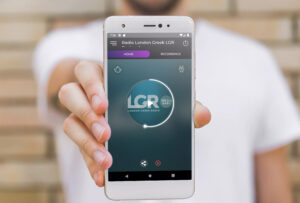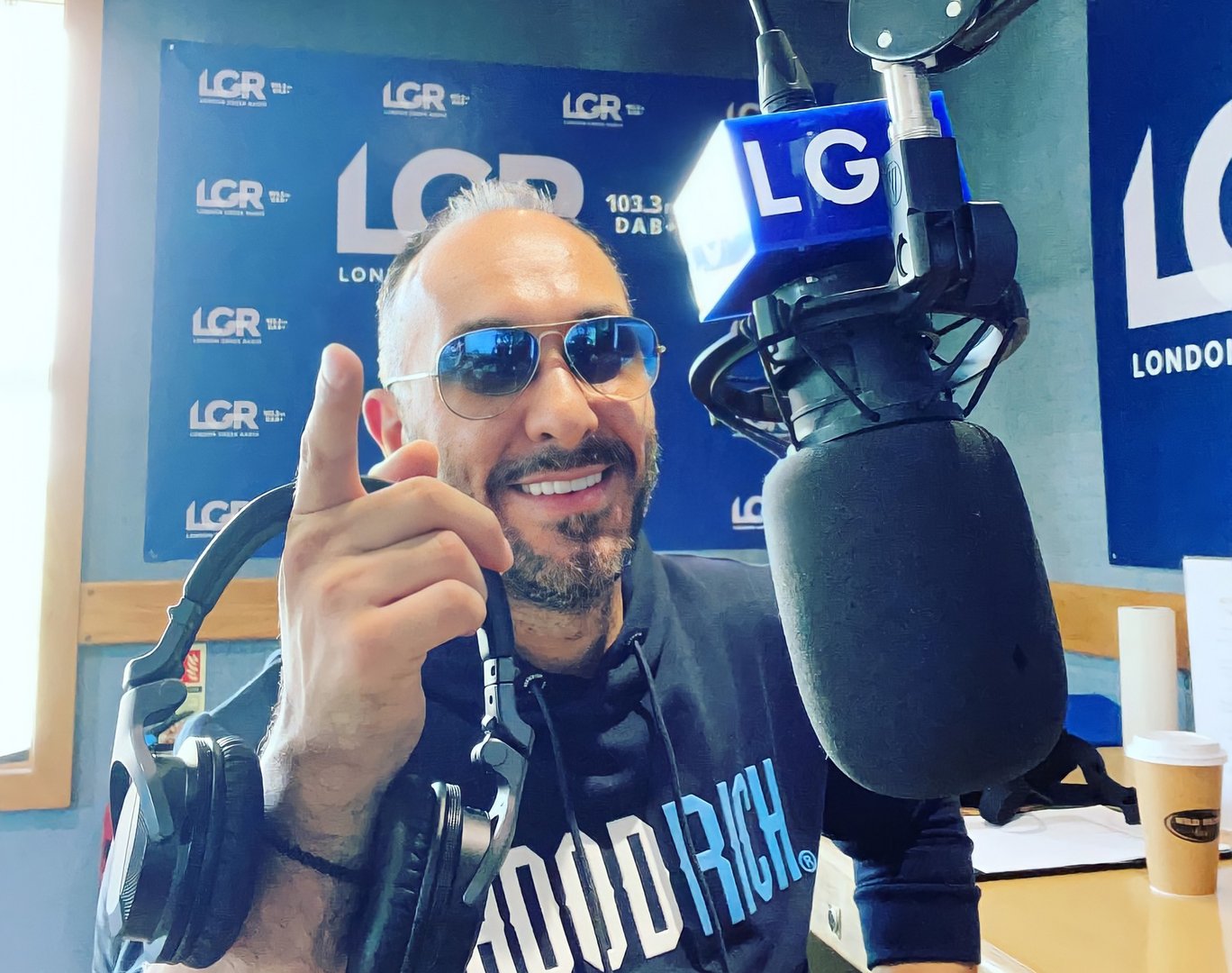London-based LGR started as a pirate radio station but has since grown to be considerably more than that finds PAUL LAMBIS
London Greek Radio (LGR) has been the heartbeat of the Greek community in the United Kingdom since the early 1980s. Since inception, it has been dedicated to the promotion of Greek and Cypriot culture.
“The goal of the station at first was to help unite London’s almost half a million Hellenic community,” head of programming, Pierre Petrou said. “That aim, however, has evolved in today’s modern world where LGR can now be heard on digital radio and online.
“The preservation of our culture extends to big towns and cities, such as Birmingham, Manchester, and Glasgow where Greeks and Cypriots continue to grow.”
Like most community radio stations, LGR started out as a pirate radio station in 1983 and was instrumental in giving voice to the numerically ‘small’ but economically vibrant Greek and Cypriot communities, who were carving their own path in London, the most ethnically diverse region of the United Kingdom.
“It was one of the first ethnic radio stations in the United Kingdom, and one of only four at the time to be granted a legal community radio licence,” Petrou told Living.
By 1989, London Greek Radio had become one of London’s most successful community radio stations, providing everything from news and music to personal advertisements in the community.
Broadcasting from the London suburb of North Finchley, LGR has welcomed countless guests to its studios, interviewing prominent individuals in business and politics, as well as local and international celebrities that include renowned Greek and Cypriot artists on their recent endeavours or upcoming live performances in the UK.

In addition to fostering a deeper understanding and enjoyment of all things Greek, such as news, events, ideas and the arts through its bilingual content, LGR seeks to promote awareness of and deepen the link with the common Hellenic heritage shared by the multigenerational Greek and Cypriot communities.
The success of the station stems from an established and varied audience, attracting a wider, more diverse listenership than the Hellenic communities of London and beyond.
“Over the years, our own research at LGR has found that radio is still an extremely popular medium among the younger and older generations within our communities, however we are extremely proud to have listeners who are of Turkish, Armenian, Albanian and Romanian descent, as well as those who are of Middle Eastern ancestry, such as the Israeli and Arabic communities,” Petrou said. “We even have many English listeners who tune in because it makes them nostalgic for their trips to Greece and Cyprus.”
Having embraced the digital era from the word go, LGR had used the internet to expand its coverage beyond the limits of its transmitter signal, ultimately engaging with a broader audience and enlarging its reach. Along with its website, the station has now launched an interactive mobile app, allowing users to access its extensive programming, make dedications, as well as contact the station directly.
LGR’s dynamic format is broken up with local, national, and international news – including news from Cyprus through a partnership with Cyprus Mail’s Cyprus Beat – alongside a variety of music programmes, talk shows, and special features that target different age groups. “We have a dynamic team, and a host of presenters in our LGR family, who work hard to safeguard the station’s success,” he added. “We are the beating heart of the Greek and Cypriot communities.”
However, LGR is much more than an outlet for entertainment or news. The community radio station functions as an on-air newspaper, broadcasting everything from residents’ personal ads, to identifying the type of programmes that will appeal to their ever-growing audience.
“In recent years, as a result of the pandemic, we have dedicated more airtime to the health and wellbeing of our listeners by providing pertinent interviews and content in our programme line-up,” Petrou said. “The main ingredient for LGR in the future will be to focus on more relevant news, connecting with communities, and companionship, especially after these challenging years. There has never been a better time to look towards the future.”






Click here to change your cookie preferences